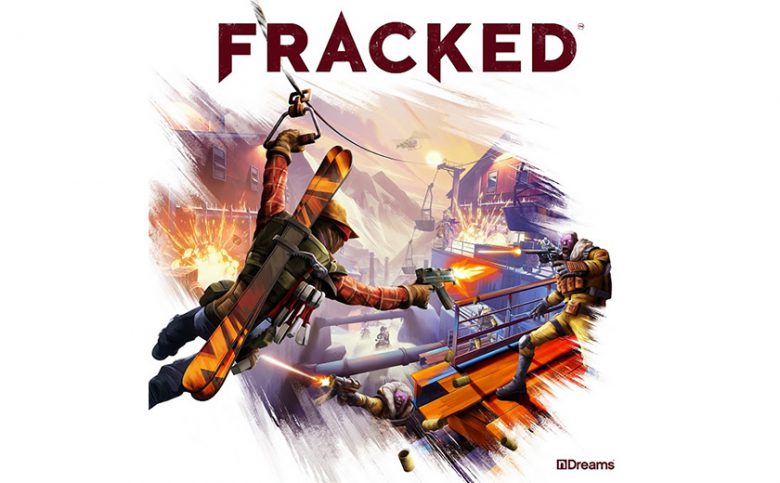

(To give you clearer insight into these and other related issues, see the technical review of outdated subsidies, policies and regulations governing water use by the fossil fuel industry prepared by Donna Forsyth, a former legislative advisor in the Ministry of Environment and Climate Strategy who not only helped draft the Water Sustainability Act, but who also has expertise on oil and gas legislation.)įossil fuel industry water use needs to be considered against the deeply concerning backdrop of the climate crisis and the impacts of climate change on water resources across British Columbia. There is also the loss of farmlands and forestlands due to the growing number of large wastewater pits and above ground storage tanks used to hold toxic water prior to its disposal or re-use in fracking operations.The application of an outdated exemption for so-called “produced water” means that fracking companies are legally let off the hook, thereby saving significant costs that other industries are required to incur to treat their wastewater. In the case of the fracking industry, those risks include older, leaking wells earthquakes triggered during disposal operations (in addition to the many earthquakes triggered in the fracking process itself) and pollution of groundwater from leaking wastewater storage pits.


Unlike other industries, however, the fracking industry is not required to treat its wastewater, and is instead allowed to just dispose of it by pumping it underground, thus permanently removing it from the water cycle.Disposal does not equal treatment and carries significant risks. BC’s water rental system was intended to ensure a fair return to the people of the province, based on the idea that industrial water users ‘borrow’ water that they eventually treat, then return to the water cycle for future ecosystem and human use. This is by far the most significant and dangerous impact of the fracking industry. Exemption from wastewater treatment-polluter does not pay.In addition, oil and gas operators are exempted from paying anything at all for the large quantities of water they obtain through outdated “use approval” permits and for water that is called “deep groundwater”. Under existing regulations, fracking companies pay just $5.62 for the water equivalent of each Olympic-sized swimming pool of water they withdraw under water licenses.

Water rentals are the basis for paying to use water but they shouldn’t apply in situations where water is permanently removed from the water cycle.
Fracked review plus#


 0 kommentar(er)
0 kommentar(er)
